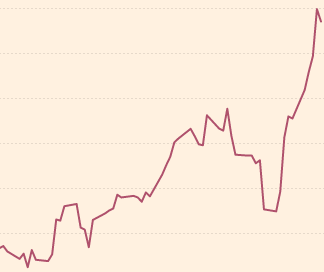How efficient is the market?
Here’s an interesting article in the Financial Times:
A statistical study by academics at Warwick Business School shows that the Financial Times regularly move the markets (the study covered the FT)
The study looked at 1,821 FT issues published in the six years from 2007 to 2012
Researchers counted all mentions of the 31 stocks that were part of the Dow Jones Industrial Average during this period and linked their mentions in the paper to their share price performance the next day
It showed a strong correlation between a mention in the morning’s FT and a greater volume of trading

The study involves the printed edition when much of the news on which the FT reported would already have appeared online the previous day – i.e. the news continued to have an impact on the next day
The same researchers have been following investors’ behaviour on the internet, particularly on Google and Wikipedia, to gauge how people go about making decisions and whether this predicts market behavior

Increased visits to the Wikipedia page about a company were associated with subsequent falls in price. And search activity on Google was powerful as a gauge of sentiment:
One example is already famous. They monitored Google searches involving the word “debt” from 2004 to 2011 and built a crude market-timing model from it. If searches for “debt” increased one week, they would sell the Dow Jones Industrial Average short the next week, profiting from a fall. When “debt” searches fell, they bought the Dow the next week.
The Financial Times (gated, but can be read with a free registration) It’s true! The FT – and social media – really do move markets
-
This is an example of a bit of lateral thinking and a simple model derived from it. Of course, it doesn't cover entries, exits, risk management and all those things you need in a trading plan, but then again its not meant to.



